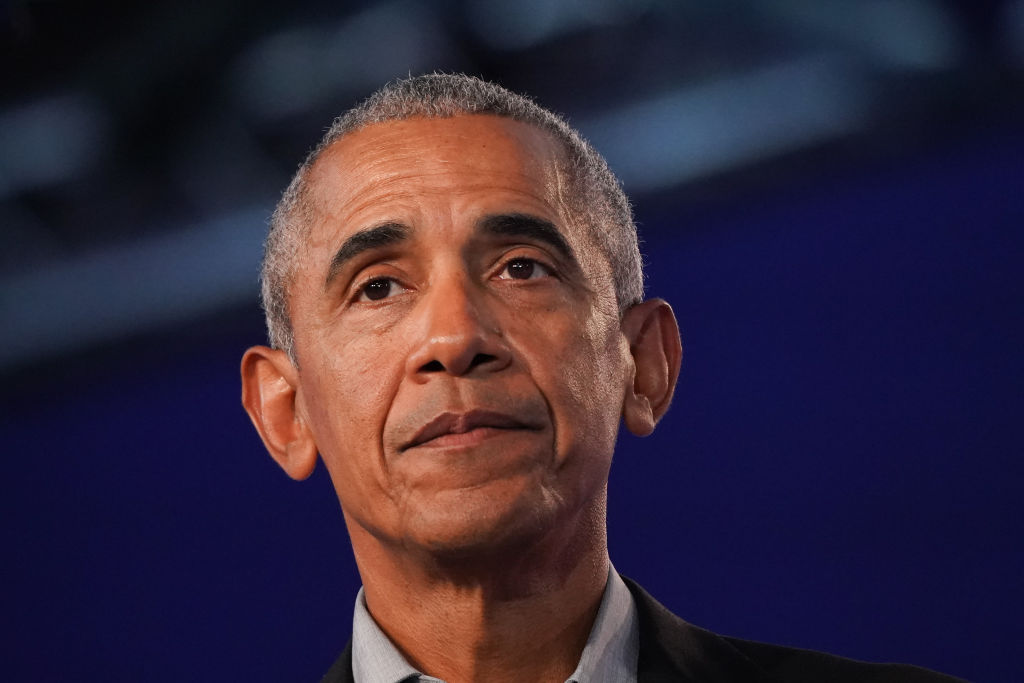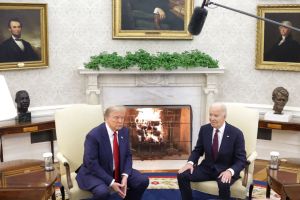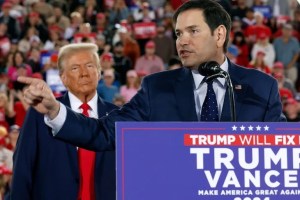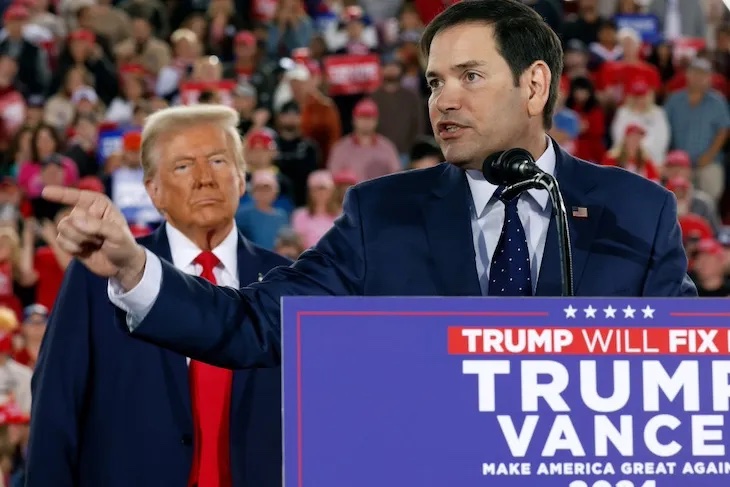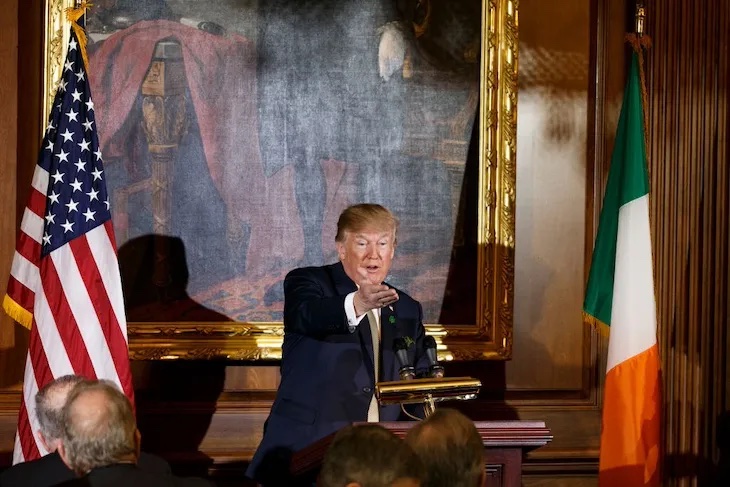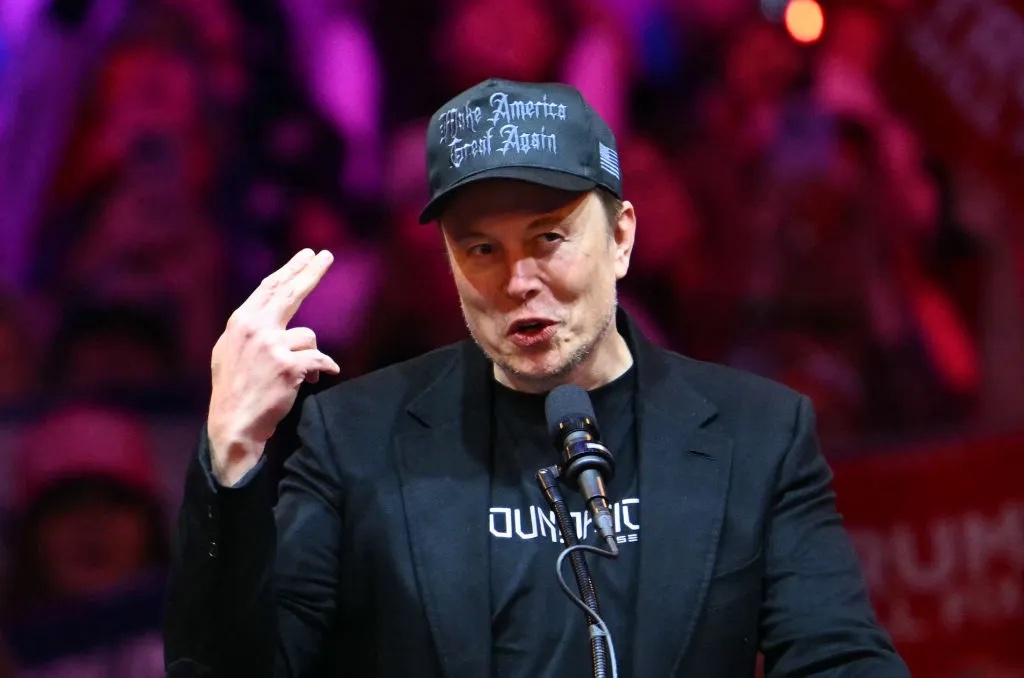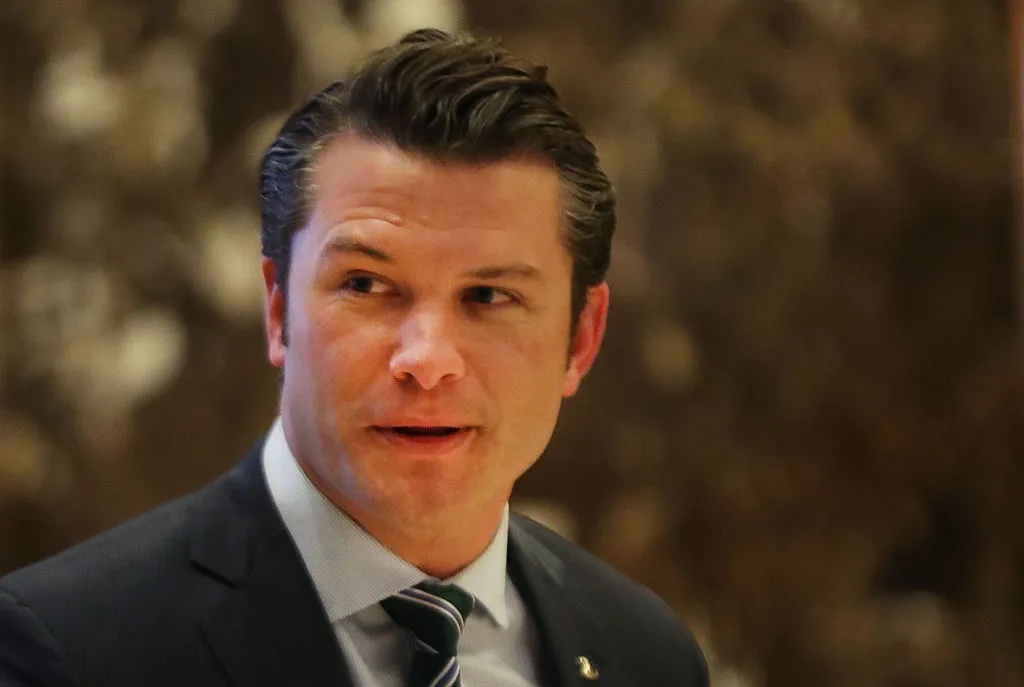A few months ago, I saw an intelligent and fairly prominent conservative writer lionizing Marjorie Taylor Greene on Twitter. My reply was something along the lines of, “Come on. Do better. Marjorie Taylor Greene is a moron.”
In response, this writer told me I was being elitist and engaging in snobbish respectability politics. MTG was a brave patriot who has done far more good than the establishment GOP, he said. I would just have to lower my standards.
Maybe I am a snob. I want leaders who enjoy intellectual pursuits and conversations. Construction workers probably want a president they could have a beer with and who looks like he did a real day’s work at some point in his life. Businessmen respect a savvy dealmaker. A minority of housewives in Northern Virginia defected to sweater vest-clad Glenn Youngkin because he seemed like a kindly suburban dad.
But I don’t think so. Such pig-headed political pugilism served a purpose, but we’ll be doing a disservice to the conservative movement if we make it a permanent fixture.
One anonymous Twitter user (who I think is a TV writer) perfectly summed up the absurdity of highbrow partisans of the Western tradition flocking to Trump’s banner: “The reason so many Catholic intellectual types went insane is that deep down they all know the president most like them is Obama and it’s not even close. There’s only one living president who read Why Liberalism Failed” (referring to Patrick Deneen’s famous treatise on political theory).
Obama did indeed read Deneen’s book. He also, as an undergraduate, penned a letter to a friend about Eliot’s The Waste Land in which he said Eliot embodies “a certain kind of conservatism which I respect more than bourgeois liberalism.” It may be that, as Jon Stewart once said, Obama “ran as a visionary” and “led as a functionary,” but he was inarguably a man of vision, a true intellectual who cared about ideas. I disagree strongly with Obama, but I’ve always said I’d much rather spend an hour talking with him than with Donald Trump.
Trump occasionally managed to talk the way I wish a president would talk. At Mount Rushmore in 2020, he sounded like a consul of the Roman Republic when he declared that for “as long as we live, Americans will uphold and revere the immortal memory of President Lincoln.” In his 2017 speech in Warsaw, he spoke of “inspiring works of art that honor God” and asked “whether the West has the will to survive.” Both pieces of oratory move me to tears if they strike me in the right mood.
But as David Frum wrote of the Warsaw speech in The Atlantic, “the problem is not with the speech, but with the speaker.” Trump’s gut, unspoiled by the corrosive effects of progressive ideology, sometimes pointed him in the right direction. He sensed that something had gone wrong in this country but remained highly suggestible because couldn’t articulate exactly what that was or what the alternative should be.
That would require natural affections nurtured by a rich intellectual life, a lifetime of immersion in history and contemplation of the good, the true and the beautiful.
Trump’s unconvincing LARPing as a philosopher-kingly custodian of the Christian West peaked when he issued a proclamation commemorating (of all things) the 850th anniversary of the martyrdom of Saint Thomas Becket. Once again, the content was excellent, but the name at the bottom turned the whole document farcical. If Donald Trump has any idea who Thomas Becket is, I’ll eat my Book of Common Prayer one page at a time.
Call me unrealistic, but I want a president who can commemorate Becket’s martyrdom, explain who he is, and maybe even quote T.S. Eliot’s Murder in the Cathedral.
I want to see that president invite Eugene Vodolazkin, Paul Kingsnorth, Rod Dreher, and Jordan Peterson to the White House. I want Scott Cairns to recite a poem at his inauguration. I want to hear him give speeches that reference Leo Strauss and Henry Jaffa, Simone Weil and G.K. Chesterton, Thomas Aquinas and Virgil. And I want him to be cool enough to go on Joe Rogan and shoot the breeze. Progressive politics cannot be truly defeated until conservatives offer a compelling alternative to the cultural decay progressivism both nurtures and feeds off of. Such a leader might be able to do just that.
But Trump? A twice-divorced reality TV star whose aesthetic taste is cartoonishly vulgar and who, as far as anyone can tell, has never read a book cover to cover? That guy’s going to save Judeo-Christian civilization? No chance. The best he could give us was a temporary reprieve, a political Band-Aid on a cultural bullet wound.
There is precedent for this sort of failure. In his sketch of Generalissimo Francisco Franco, Peter Hitchens describes the Spanish dictator as “an uncultured bore who hardly ever said or wrote anything interesting in his life, or showed any great interest in the thoughts or writings of others.”
Did Franco save Spain? Not really, I’d argue. I’m glad we didn’t end up with a Soviet puppet state in Western Europe, but it’s not as though he turned his country into a permanent bastion of Christian traditionalism. The cultural revolution that swept the U.S. and Europe in the 1960s hit Spain in the ’80s instead.
Of course, it is a reality of our times that a conservative candidate who hopes to win must be a brawler. Anyone who starts hemming and hawing the minute some lib pulls out the “Have you no decency?” schtick is, as the Zoomers say, ngmi. But intellectualism need not imply cowardice. French presidential candidate Éric Zemmour has proven perfectly capable of combining the roles of philosophe and firebrand.
And Trump proved definitively that we need both. His blunt-force political style shattered the dead consensus and kindled hope that conservatism’s long defeat at the hands of progressivism could be reversed, but it also forced the American mainstream further to the left. We need a leader who can embody and express an alternate cultural vision rooted in the wisdom of tradition. Golden toilet seats, eight-figure divorces, well-done steaks, and 20-minute edits of Bloodsport aren’t going to cut it.



